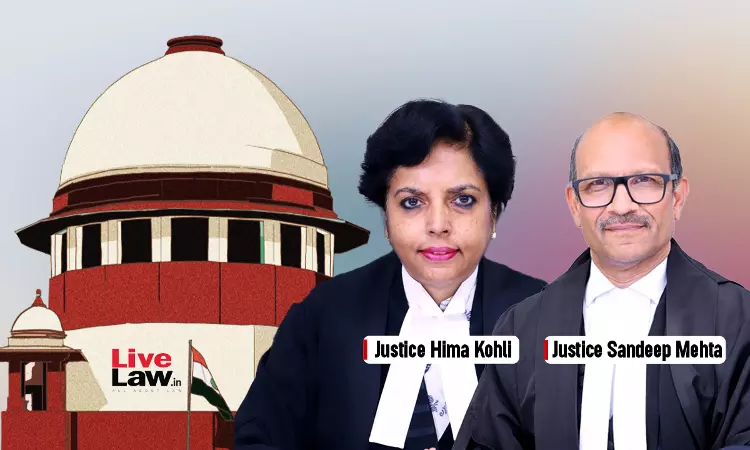Ministry Of Consumer Affairs Should Act Against Misleading Ads On Its Own, Instead Of Waiting For Complaints : Supreme Court
Debby Jain
30 July 2024 6:45 PM IST

Next Story
30 July 2024 6:45 PM IST
While hearing the Patanjali misleading ads case, the Supreme Court today lamented that in the past 4 years, the Ministry of Consumer Affairs only acted against misleading advertisements when a complaint was made, but did not carry out any due diligence on the ground level on its own.A bench comprising Justices Hima Kohli and Sandeep Mehta verbally observed that when the Ministry had a tie-up...
